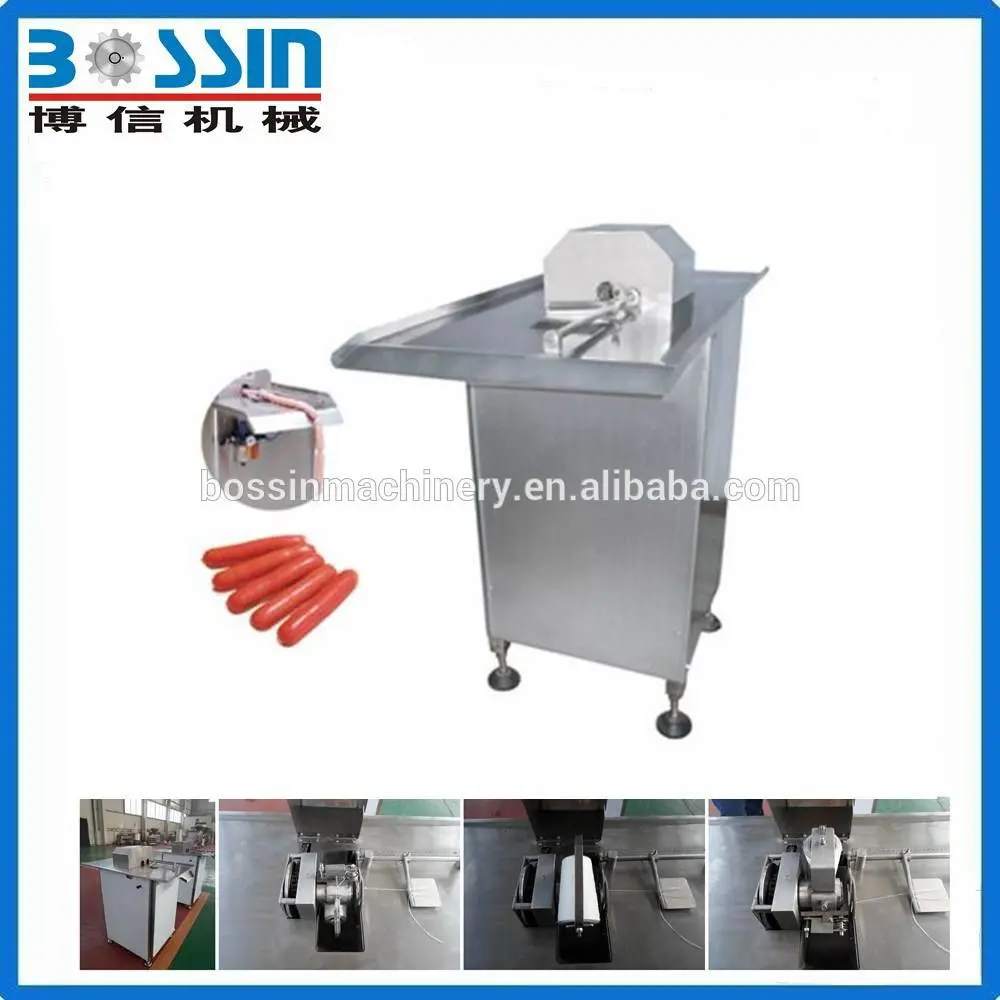
Dàmh . 13, 2024 17:27 Back to list
Innovative Deboning Machine Enhances Efficiency and Precision in Meat Processing Operations
The Evolution and Impact of Deboner Machines in the Food Industry
In the modern food processing landscape, efficiency and precision are paramount. Among the various innovations that have transformed food production, deboner machines stand out as a critical tool in meat processing. These machines have revolutionized the way processors handle meat, not only improving yield but also significantly reducing labor costs and enhancing product safety.
What is a Deboner Machine?
A deboner machine is specialized equipment designed to remove bones from meat products, ensuring that the end product is ready for further processing or direct sale. These machines can handle various types of meat, including poultry, pork, and beef. By automating the deboning process, these machines minimize human intervention, thereby increasing speed and consistency in product output.
Historical Context
The introduction of deboner machines dates back to the mid-20th century when the demand for processed meat products surged. Initially, deboning was a labor-intensive task, requiring skilled workers to manually separate meat from bone. However, with the advent of technology and the push for higher production rates, manufacturers began developing mechanical solutions. Early machines were rudimentary but set the stage for the sophisticated automated systems we see today.
How Deboner Machines Work
Modern deboner machines utilize a combination of mechanical and hydraulic systems to efficiently separate meat from bones
. The basic operation involves feeding raw meat, where specialized blades and conveyor systems provide precise cuts to extract meat without damaging its quality. Many machines are designed with adjustable settings to accommodate different types of meat and varying bone structures. Additionally, advanced models incorporate sensors and artificial intelligence, allowing for real-time monitoring and adjustments to enhance efficiency and reduce waste.Benefits of Deboner Machines
deboner machine

1. Increased Efficiency One of the most significant advantages of deboner machines is their speed. Automated machines can process large quantities of meat in a fraction of the time it would take manual labor. This efficiency helps meet growing consumer demand and supports larger production scales.
2. Cost Reduction By reducing reliance on manual labor, deboner machines can significantly lower operational costs. Although the initial investment in machinery may be substantial, the long-term savings in labor and increased output make it a financially sound choice for many processors.
3. Consistent Quality Deboner machines provide uniform cuts, which enhance the consistency of the products. Consumers increasingly seek reliable quality, and machines help ensure that each piece meets the required standards.
4. Improved Safety Automation reduces the handling of raw meat by workers, lowering the risk of contamination. Modern machines are also designed with hygiene in mind, often being easy to clean and maintain, which is crucial in complying with food safety regulations.
Challenges and Considerations
Despite the benefits, the implementation of deboner machines is not without challenges. Initial costs can be substantial, and smaller operations may find it difficult to justify the investment. Moreover, workers may face displacement due to automation, raising concerns about job loss in the industry. Companies must navigate these challenges by considering a balanced approach that blends automation with workforce development, ensuring that employees can transition to new roles that the technology creates.
The Future of Deboner Machines
As technology continues to evolve, the future of deboner machines looks promising. Innovations in machine learning and robotics are expected to enhance the capabilities of these machines, making them even more efficient and versatile. Furthermore, as sustainability becomes a focal point in the food industry, there may be an emphasis on developing machines that minimize waste and optimize resource use.
In conclusion, deboner machines represent a significant advancement in the food processing industry. By enhancing efficiency, reducing costs, and improving product safety, these machines have become indispensable in meat processing. As technology continues to advance, the full potential of deboner machines will be realized, reinforcing their role in a rapidly evolving food landscape.